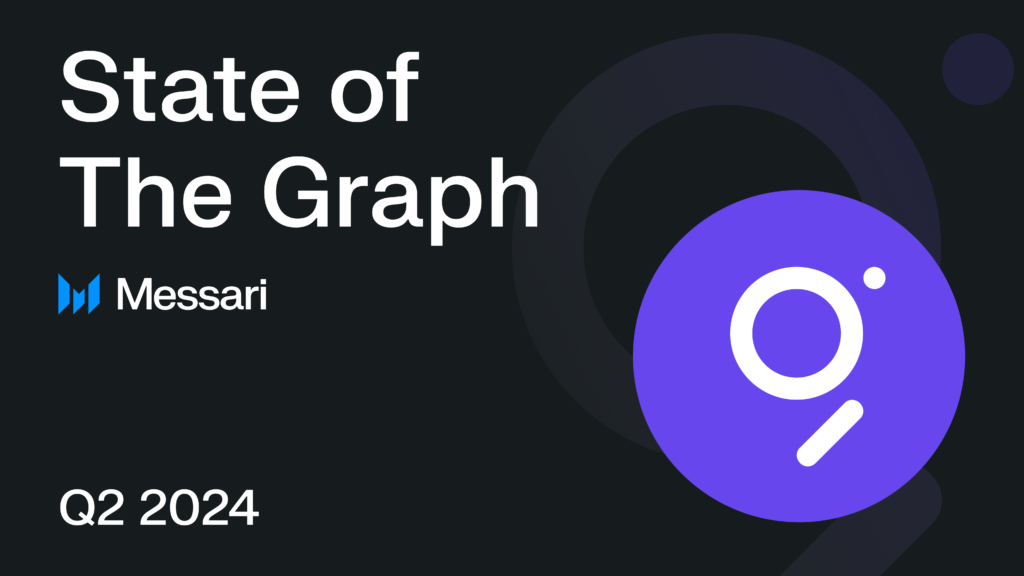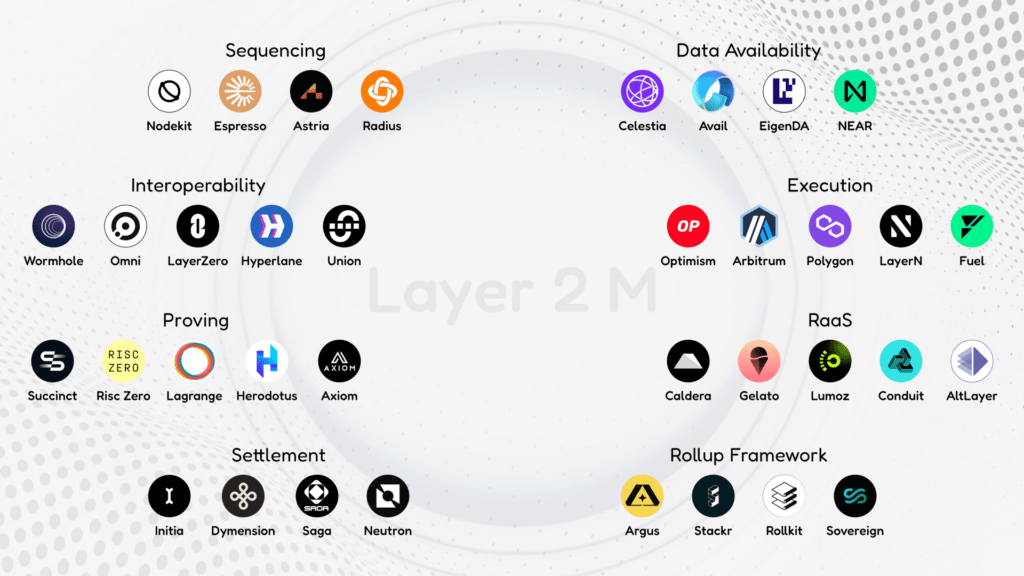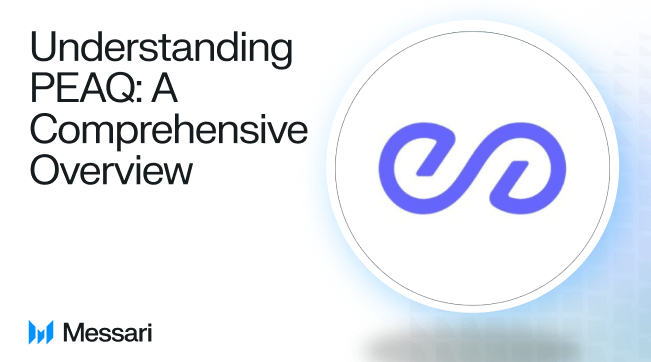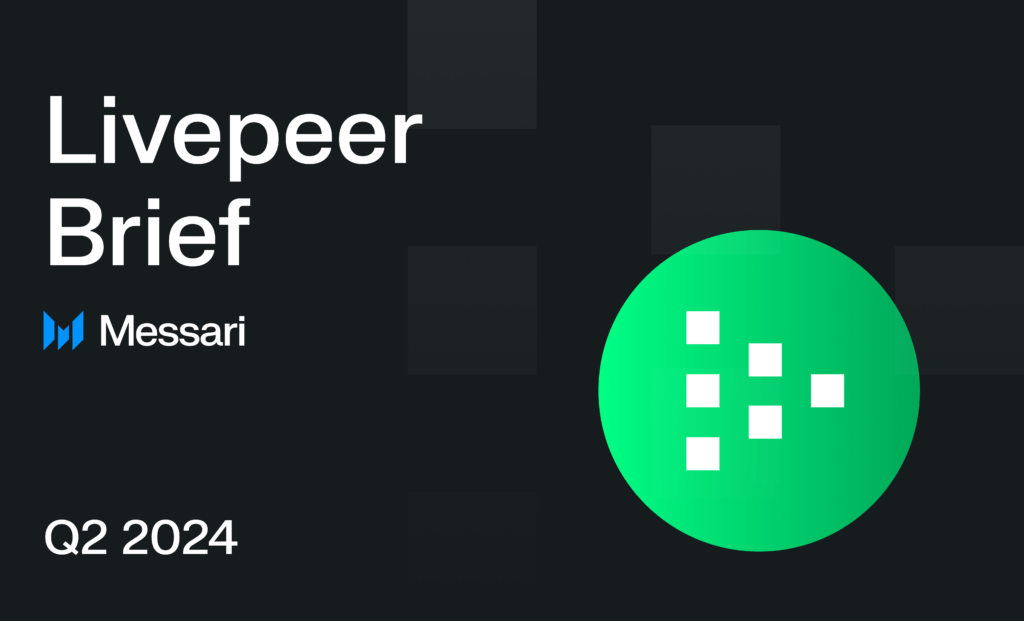Research Summary
The report discusses the evolution of decentralized social protocols, comparing their technical nuances and potential for transforming digital interactions. It highlights the shift from corporate-controlled social media platforms to decentralized alternatives that prioritize user autonomy and privacy. The report also explores the history of decentralized and alternative social media, the technical aspects of identity/namespaces, data, and storage in decentralized social protocols, and the potential future of these networks.
Key Takeaways
Decentralized Social Protocols: A Return to Original Online Sociality
- Reimagining Online Participation: The report discusses the emergence of decentralized social protocols as an alternative to corporate-controlled social media platforms. These protocols offer a return to the original conception of online sociality, where data is controlled by the user, frontends are community-driven, and an open-source ethos drives innovation.
- Federated Networks: The report highlights the concept of federated networks, where multiple independent servers cooperate to form a single social network. This system gives users more autonomy, allowing them to choose which server they trust and potentially migrate to different ones or set up their own.
- Web3 and Decentralized Systems: Within web3, federated social networks are the default state of decentralized systems once data is ported onchain. Blockchains act as an unopinionated backend server for stored content, with frontends indexing this content and serving it directly to users.
Technical Nuances of Decentralized Social Protocols
- Identity and Namespaces: The report explores the various ways identity and associated namespaces are managed across decentralized social protocols, ranging from simple keypairs to more complex models which use onchain primitives like NFTs.
- Data Management: The report discusses the importance of data in decentralized networks and the common techniques for managing it, such as the use of standardized formats like JSON and common relationship objects.
- Storage Solutions: The report highlights the different approaches to data storage for decentralized protocols, from peer-to-peer gossip networks to servers storing data with redundancy, and the use of blockchains for storage.
Future of Decentralized Social Protocols
- Revolutionizing User Experience: The report suggests that decentralized social protocols are poised to revolutionize the user experience in digital interactions, with an expected accelerated adoption curve for these protocols.
- Need for Innovation and Interoperability: The report emphasizes the need for protocol developers and open-source contributors to venture beyond the basic data types and relationship objects currently employed at the infrastructure layer, while ensuring compatibility and seamless integration across various applications.
- Hybrid Approach to Data Storage: The report notes the emerging consensus within web3 social protocols towards a hybrid approach to data storage, allocating high-value assets to on-chain primitives and lower-risk content to off-chain solutions.
Actionable Insights
- Exploring Decentralized Social Protocols: Stakeholders interested in the future of online sociality should explore the potential of decentralized social protocols. These platforms offer a return to the original conception of online sociality, prioritizing user autonomy and privacy.
- Understanding Technical Aspects: To fully appreciate the innovations within decentralized social media protocols, it’s necessary to understand the technical nuances that enable them. This includes the management of identity and namespaces, data, and storage in these protocols.
- Embracing Hybrid Storage Solutions: Developers and contributors in the web3 space should consider the emerging consensus towards a hybrid approach to data storage. This approach balances the integrity and security of crucial data with a user experience reminiscent of traditional social media platforms.













